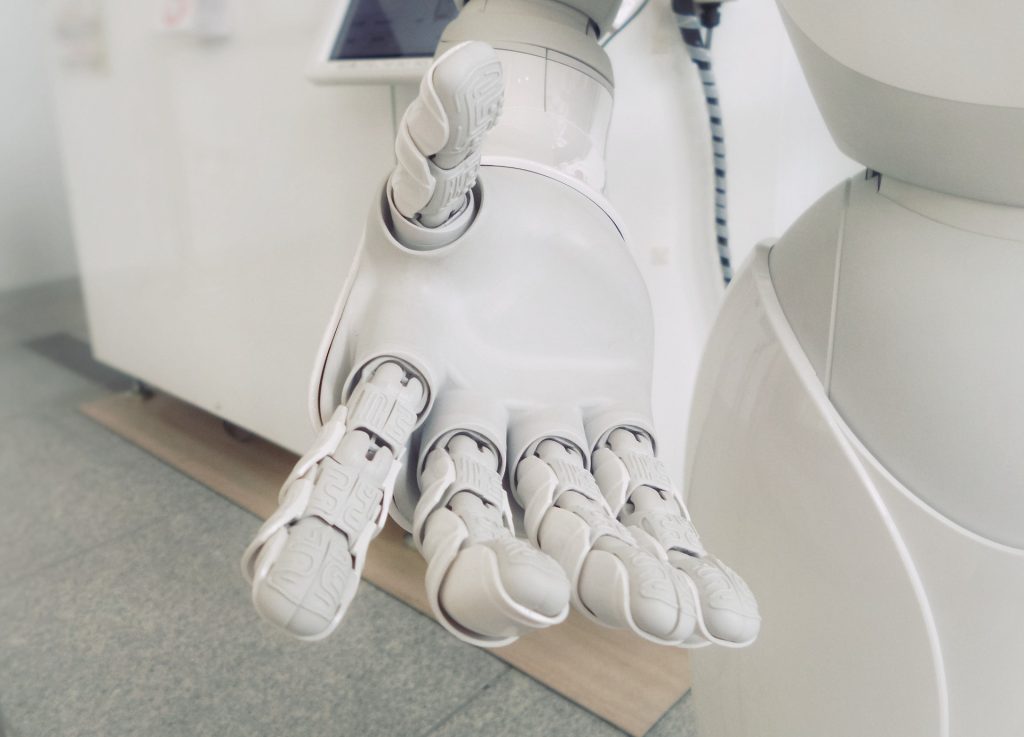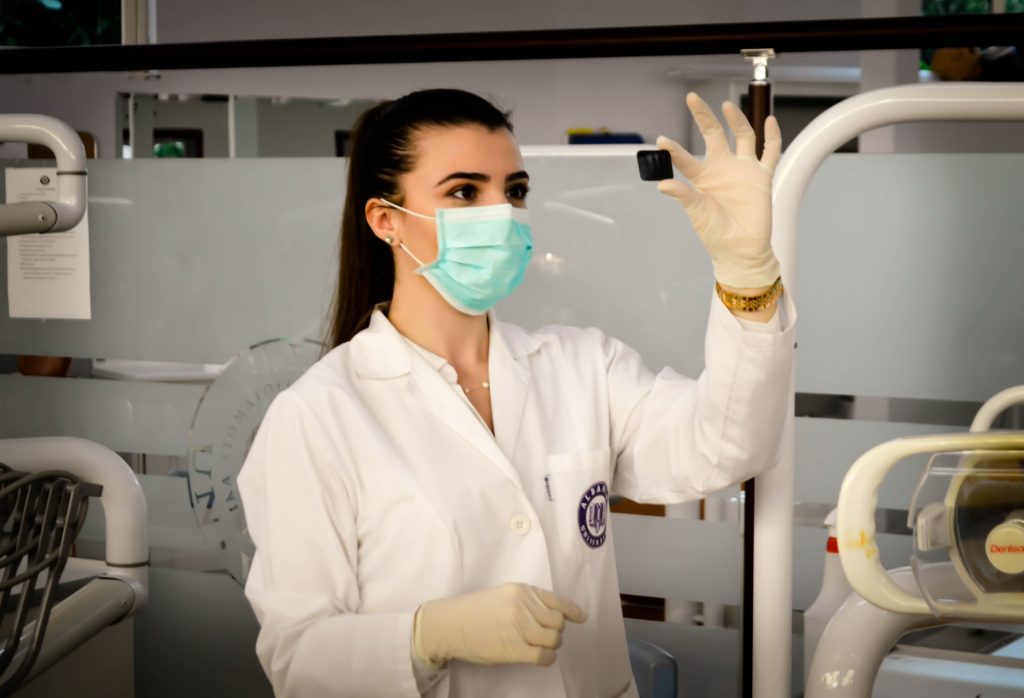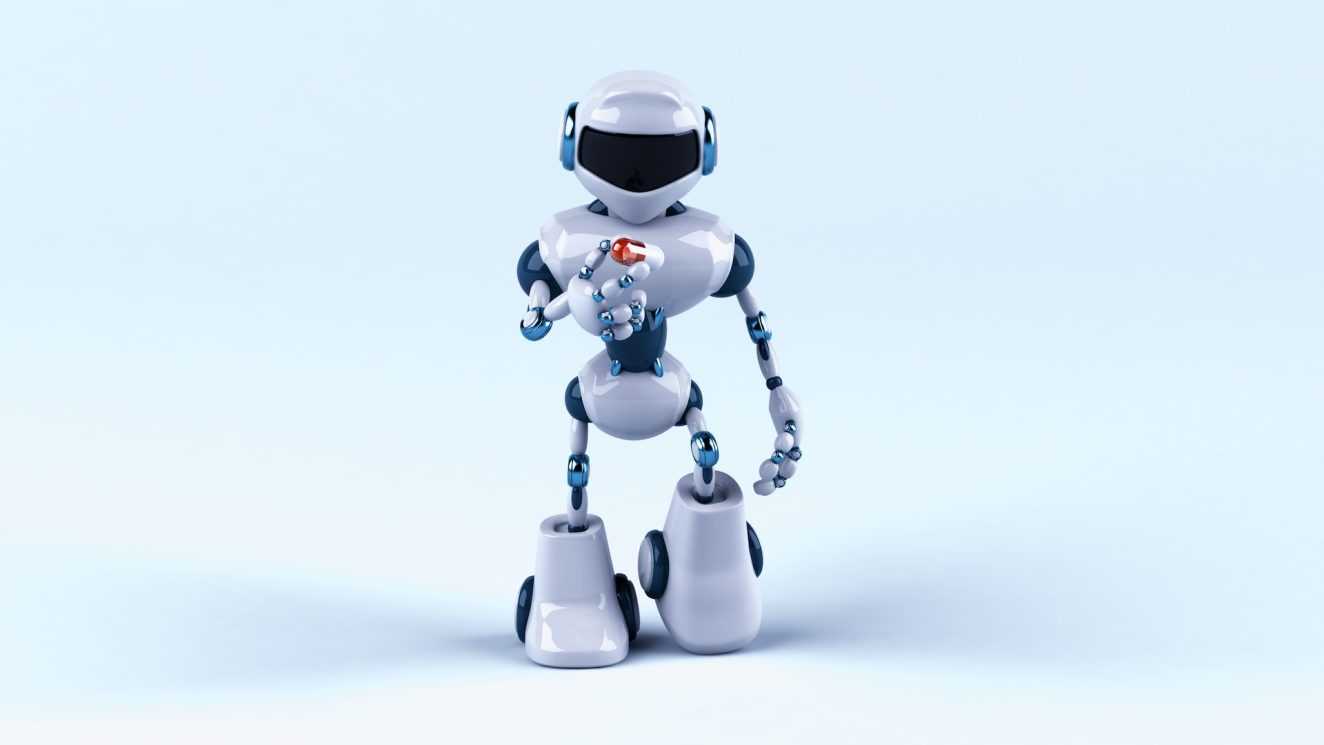The integration of artificial intelligence (AI) into healthcare is ushering in a new era, transforming the landscape of patient diagnosis, treatment, and overall healthcare delivery. This groundbreaking technology is not only enhancing the accuracy of medical procedures but is also fostering a more personalized approach to patient care. From analyzing vast amounts of clinical data to predicting health outcomes, AI is proving to be a game-changer in healthcare, offering a future where patients receive faster, more accurate diagnoses and treatment plans.

IBM Watson and Beyond
The journey of AI in healthcare began with IBM’s Watson, an AI system designed to answer questions quickly and accurately. IBM’s foray into healthcare-specific AI in 2011, with a focus on natural language processing, set the stage for other tech giants like Apple, Microsoft, and Amazon to follow suit. The collective investment in AI technologies for healthcare reflects the industry’s recognition of the immense potential for transformative change.
Types of AI Transforming Healthcare
Machine Learning: A Diagnostic Powerhouse
At the forefront of AI and healthcare collaboration is machine learning, a versatile technique that underpins many AI applications. In healthcare, machine learning’s ability to swiftly process extensive clinical data, identify patterns, and predict outcomes is revolutionizing medical diagnosis and treatment. From analyzing patient records to discovering new therapies, machine learning is empowering healthcare professionals to make more informed decisions, reduce costs, and improve overall medical records management.
Precision Medicine: Machine learning’s utilization in precision medicine is a significant stride forward. Predicting the success of treatment procedures based on patient makeup and treatment frameworks is a monumental leap in data science. The integration of AI and healthcare in precision medicine applications, utilizing medical images and clinical data for training, is known as supervised learning.
Natural Language Processing: A Linguistic Facet of AI
Natural language processing (NLP) is reshaping the healthcare industry by enabling computers to interpret and use human language. In healthcare, NLP is improving patient care through accurate diagnoses, streamlined clinical processes, and more personalized services. By applying NLP to medical records, healthcare professionals can extract valuable information, diagnose illnesses, and predict potential health risks based on historical data, contributing to better patient outcomes.
Rule-Based Expert Systems: Decoding Medical Knowledge
Expert systems, relying on ‘if-then’ rules, were prevalent in the early days of AI in healthcare. These rule-based systems, still in use for clinical decision support, involve human experts and engineers crafting extensive rules in a specific knowledge area. While effective to a point, they face challenges as the number of rules grows, potentially conflicting and becoming burdensome to update. Machine learning is gradually replacing rule-based systems, offering more dynamic and data-driven approaches.

Applications of AI in Healthcare
Diagnosis and Treatment: A Half-Century Journey
AI’s role in diagnosing and treating diseases has been evolving for over 50 years. Early rule-based systems faced challenges in clinical adoption due to their limited superiority over human diagnoses. However, recent advancements in AI technologies, such as machine learning, are paving the way for more accurate suggestions and treatment plans. Despite accuracy improvements, integration into existing healthcare workflows remains a significant barrier.
Administrative Applications: Streamlining Healthcare Operations
AI in healthcare is not limited to clinical aspects; it is transforming administrative functions. By automating tasks like data entry, claims processing, and appointment scheduling, AI streamlines healthcare operations, allowing medical professionals to focus more on patient care and revenue cycle management. The automation of mundane administrative tasks ensures efficiency, reduces human errors, and provides medical professionals with more autonomy over their workflow processes.
Challenges and Future Perspectives
Despite the remarkable advancements, AI in healthcare faces challenges that need careful consideration. Issues related to data privacy, security, patient safety, accuracy, integration with existing IT systems, physician acceptance, and compliance with regulations are crucial. Overcoming these challenges is essential to ensure the ethical and responsible use of AI in healthcare, fostering trust among medical professionals and patients.

Looking Forward: A Bright Future
As AI in healthcare continues to advance, the potential for further innovation becomes increasingly evident. Deep learning AI, with its ability to interpret large datasets, offers new possibilities in disease detection, personalized treatment plans, and automation of processes like drug discovery. The future promises improved patient outcomes, increased safety, and reduced healthcare costs.
The greatest challenge lies not in the capabilities of AI technologies but in their adoption within daily clinical practice. Medical professionals who embrace AI stand to gain the most, focusing on tasks requiring unique human skills. As AI in healthcare becomes an invaluable asset, collaboration with this transformative technology holds the promise of a future filled with advancements, improved health outcomes, and better patient experiences. The key to unlocking the full potential of AI in healthcare lies in the willingness of healthcare providers to adapt and work alongside these evolving technologies.





